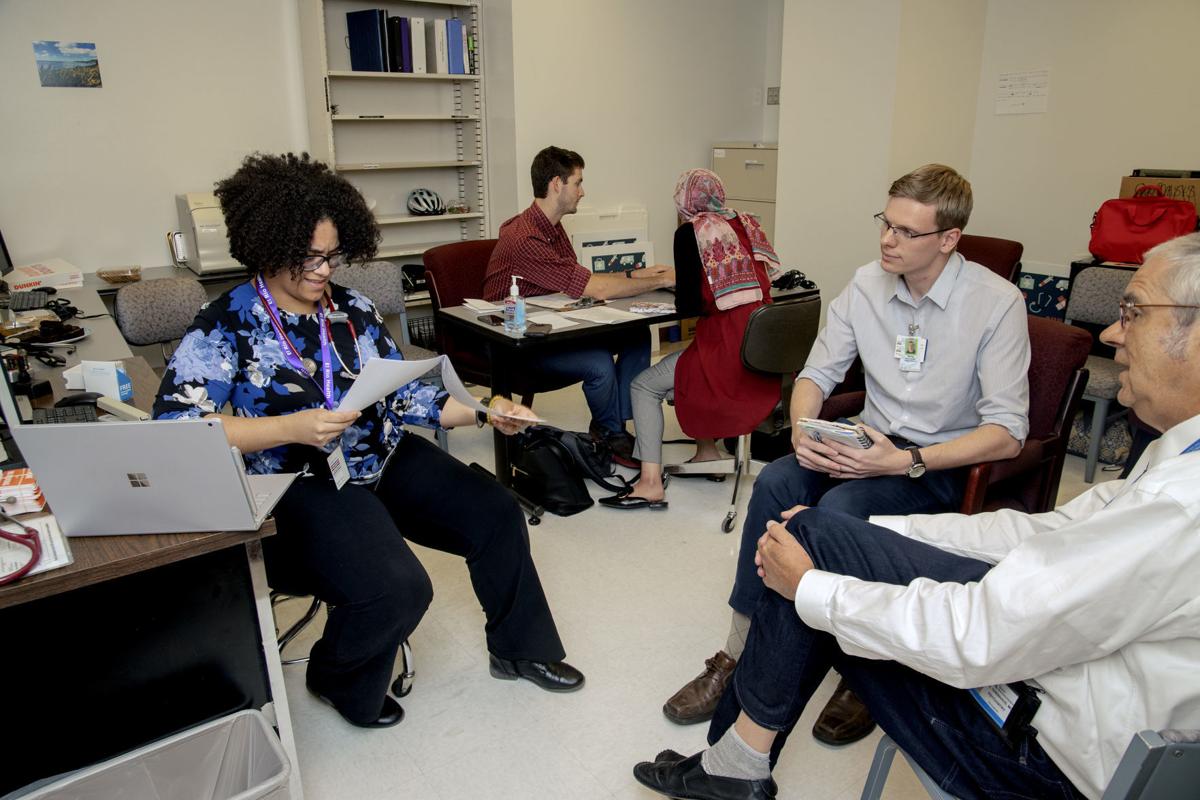A University of Arizona clinic offers uninsured community members free treatment for mental illness and neurological disorders, while also giving students an opportunity to hone their skills.
The Mental Illness and Neuropsychiatric Disorders Clinic, also called the MIND Clinic, takes place every Monday inside the College of Medicine – Tucson building, 1501 N. Campbell Ave.
Students with the University of Arizona’s College of Medicine run and operate the clinic, along with board-certified volunteer psychiatrists. Through the clinic, medical students are able to treat patients with the supervision and guidance of licensed doctors.
The clinic provides psychiatric assessment and medication management services for adults and children who have anxiety, depression, OCD, bipolar disorder, schizophrenia or any other mental illness. The clinic also provides individual therapy sessions for children. Doctor visits are always free, and the clinic uses low-cost medication whenever possible.
“There’s a big need in the community for a clinic like this. It’s a way to connect the community with resources,” said Dr. Jason Curry, a supervisor at the clinic. “It’s an excellent way to provide care, mentorship to the students, and a way to further their education.”
At the clinic, UA medical students assist licensed psychiatrists in taking patient histories and performing evaluations to assess patients’ mental health needs and implement effective treatments.
“It’s a wonderful experience for students to learn in another context,” said Dr. Barry Morenz, another clinic supervisor. “We want to provide resources to those who fall between the cracks in our system.”
According to the U.S. Census Bureau in 2016, there were 27.3 million people in the United States who lacked health-care coverage. Without access to health care or free clinics, many Americans face the decision of a great financial cost or not seeking treatment.
Layne Genco, the MIND Clinic manager and a first-year medical student, said she is trying her best to serve both the students who work at the clinic and the patients they serve. The clinic has had a 30-patient waitlist for two years and is in search of volunteer psychiatrists and therapists.
The MIND Clinic is just one of several programs that belong to the UA’s Commitment to Underserved People. Other CUPS services include the Women’s Clinic, Totshots Clinic and Shubitz Family Clinic. All clinics are held at Banner and run on different days of the week.





